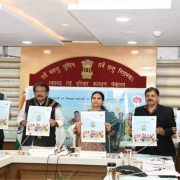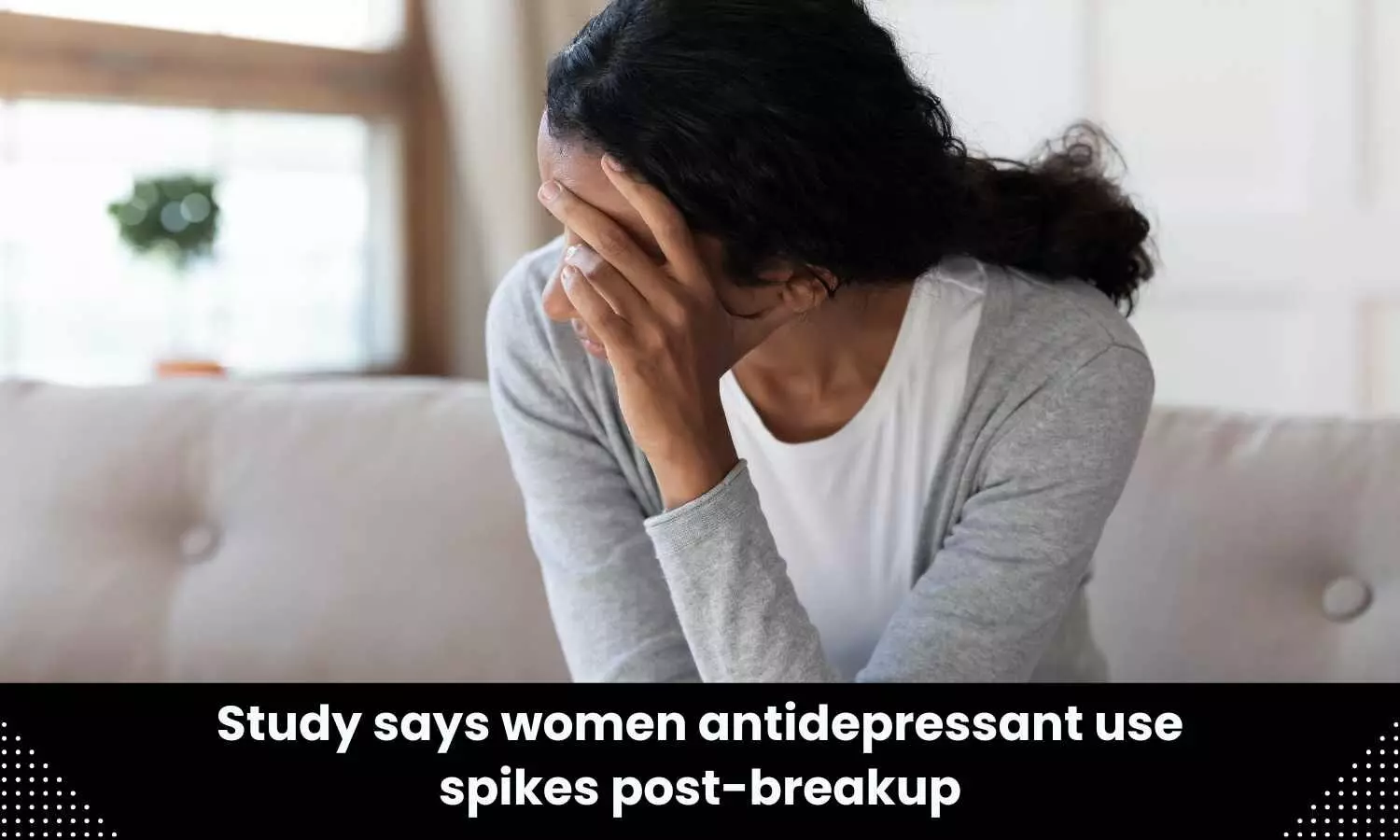Kilkari, Mobile Health Academy launched for Maharashtra and Gujarat

Mumbai: Prof S P Singh Baghel and Dr Bharati Pravin Pawar, Union Ministers of State for Health and Family Welfare recently virtually launched the Kilkari programme, a Mobile Health (m-health) initiative for beneficiaries in local content in Gujarat and Maharashtra.
Mobile Academy, a free audio training course designed to expand and refresh the knowledge of Accredited Social Health Activists (ASHAs) and improve their communication skills via their mobile phones was also launched. Shri Rushikesh Patel, Health Minister, Gujarat was also present on the occasion.
Also Read:Mansukh Mandaviya inaugurates 3 CGHS Wellness Centres in Delhi, Robotic Unit at NITRD
Expressing her elation at the launch, Dr. Bharati Pravin Pawar associated the launch of the m-health initiative with the rapid speed of transformation of the health sector in the country in keeping with the vision of Hon’ble Prime Minister, Shri Narendra Modi for a Digital Health India based on harnessing technology for the benefit of mankind.
Applauding the health care professionals, especially the front-line health workers for their contributions in taking up the ‘Kilkari’ Programme, she said that the programme aims to offer weekly services, timely accessible, accurate and pertinent 72 audio messages through IVRS about reproductive maternal, neonatal and child health care to the targeted beneficiaries.
Speaking on the occasion, Prof S P Singh Baghel said, “The launch of the Kilkari Programme is in line with the Government’s commitment to prioritize the public health infrastructure and strengthen citizen-centric health services by leveraging India’s expanding mobile phone penetration.”
Highlighting that “only a healthy mother can deliver a healthy child”, Prof. Baghel said that under the leadership of the Hon’ble Prime Minister, the Union Government has taken several steps towards ensuring the health and well-being of women.
The Union Ministers also appreciated the efforts of all stakeholders involved in the launch of the and invited suggestions from the stakeholders to strengthen the programme further.
Shri Rushikesh Patel, Health Minister, Gujarat thanked the Union Government for the launch of the two initiatives. He also highlighted that more than 95% of deliveries in Gujarat are now institutional which is leading to safer deliveries for both mothers and children.
‘Kilkari’ (meaning ‘a baby’s gurgle’), is a centralized interactive voice response (IVR) based mobile health service which delivers free, weekly, time-appropriate 72 audio messages about pregnancy, childbirth, and childcare directly to families’ mobile phones from the second trimester of pregnancy until the child is one year old.
Women who are registered in Reproductive Child Health (RCH) portal) based on the woman’s LMP (last menstrual period) or the child’s DoB (Date of Birth), receive a weekly call with pre-recorded audio content directly to the mobile phones of pregnant women and mothers with children under the age of one year. Kilkari audio messages are present in the form of voice of a fictitious doctor character called Dr. Anita.
Kilkari Programme is centrally hosted by MoHFW for all the States/UTs and no further investment in the technology, telephony infrastructure or operational costs is required to be borne by States/UTs. This service is FREE of cost for States/UTs and beneficiaries. The programme is service is integrated with centralized Reproductive Child Health (RCH) portal of MoHFW’s and is the single source of information for this mHealth service.
Mobile Academy is a free audio training course designed to expand and refresh the knowledge of Accredited Social Health Activists (ASHAs) and improve their communication skills via their mobile phones, which is both cost-effective and efficient. It is an anytime, anywhere training course that can train thousands of ASHAs simultaneously via mobile phone.
Currently Kilkari is under implementation in 18 States / UTs namely Andhra Pradesh, Andaman & Nicobar Islands, Assam, Bihar, Chhattisgarh, Chandigarh, Delhi, Haryana, Himachal Pradesh, Jammu & Kashmir, Jharkhand, Madhya Pradesh, Odisha, Rajasthan, Tripura, Uttar Pradesh, West Bengal and Uttarakhand & Mobile Academy is operational in 17 States/UTs except Chandigarh with six languages viz. Hindi, Bhojpuri, Oriya, Assamese, Bengali & Telugu version.Senior officials of the Union Health Ministry, Government of Gujarat, Government of Maharashtra as well as representatives from the implementing agencies were also present on the occasion.
Senior officials of the Union Health Ministry, Government of Gujarat, Government of Maharashtra as well as representatives from the implementing agencies were also present on the occasion.
Powered by WPeMatico



